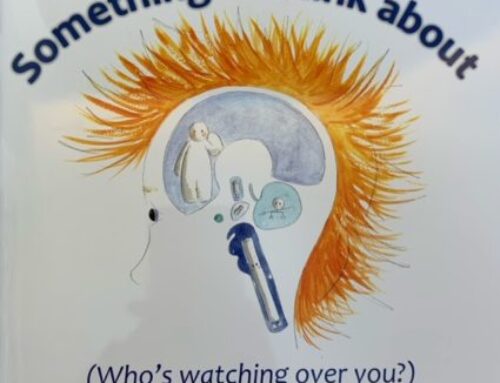This article appeared on englandgolf.org to mark World Parkinson’s Day. It is reproduced here with the kind permission of Gerry O’Conner. You can also view the original publication at the link to the right.
Gerry O’Connor was just 48 when he was told he was living with Parkinson’s. Now – 13 years on from the diagnosis – the Irishman remains as enthralled and, crucially, as involved in the game of golf as he has ever been. The message from the member at Worplesdon Golf Club in Surrey is clear; golf can remain a huge part of your life even after a Parkinson’s diagnosis. The beauty of golf is that it can be flexible to suit individual circumstances.
It need not always be about a full round of 18 holes.
Whether it’s a game of putting, or some chipping, a hit on the driving range or a few holes in a loop on the course before retiring to the 19th hole for some craic with your friends, golf is not one-dimensional.
All it requires is individual drive and a little patience and understanding from those around you at the golf club.
“Typically, you’d assume Parkinson’s would be a condition you’d find in older people. I was just 48 when I got the news”, admitted Gerry, pictured above right with his brother Frank.
“All my life I’d loved golf and was able to play the game to a reasonable standard and enjoyed it immensely. I was determined not to give it up.
“That was for many reasons both sporting and social.
“I was competitive and loved being out in the open-air playing a great sport with my friends and family.
“For the first few years I was able to carry on competing as before and play to my handicap.
“My deterioration has been gradual, but there did come a point where my scores were horrendous!
“I lost a bit of my strength, my coordination was out of synch and my short game was terrible.
“I was just going up .1 every round and couldn’t break 100.
“But as my old dad said to me ‘a bad score will always beat an NR!’
“My golf club also recognised what was happening and made allowances with a new handicap.
“That combined with some lessons and a bit of adaptation to my game allowed me to get going again.
“The arrival of the new World Handicap System is another good thing – as this accurately reflects your actual playing ability.
“I now have an index of 16.4 and I still live in hope that I can get this going back down.
“For me, the little wins are big successes.”
In Gerry’s case, his club have been hugely supportive as has his circle of friends and family (pictured above).
They soon recognised that with a few tweaks to the old routine, Gerry could continue his love affair with the game and enjoy the mental and physical benefits of playing the sport.
“Golfers might be put off at the thought of playing if they feel they are a hindrance to their playing partners or others on the course,” admitted Gerry, originally from Naas in County Kildare.
“Inevitably a player with Parkinson’s moves at a different pace from others – but again it’s all down to recognition of this and patience from others.
“I didn’t hide the fact I had Parkinson’s, but nor did I advertise it.
“But as people learned about it, they adapted as much as I did.
“Listen, when it rains putting waterproofs on and fiddling with towels and drying clubs is a nightmare.
“My friends also joke about the time I take after a round to get changed!
“But if I need a button done, they help. If I need help with a jacket I can call on them
“Sometimes there are jokes flying about and I don’t mind – it’s all good fun and done in the right spirit.
“I still love my golf and the social interaction and I want that to continue for a long time yet.
“I’d say to anyone with Parkinson’s that golf can take many forms and there will be something in the sport for you to enjoy according to your own situation.”




